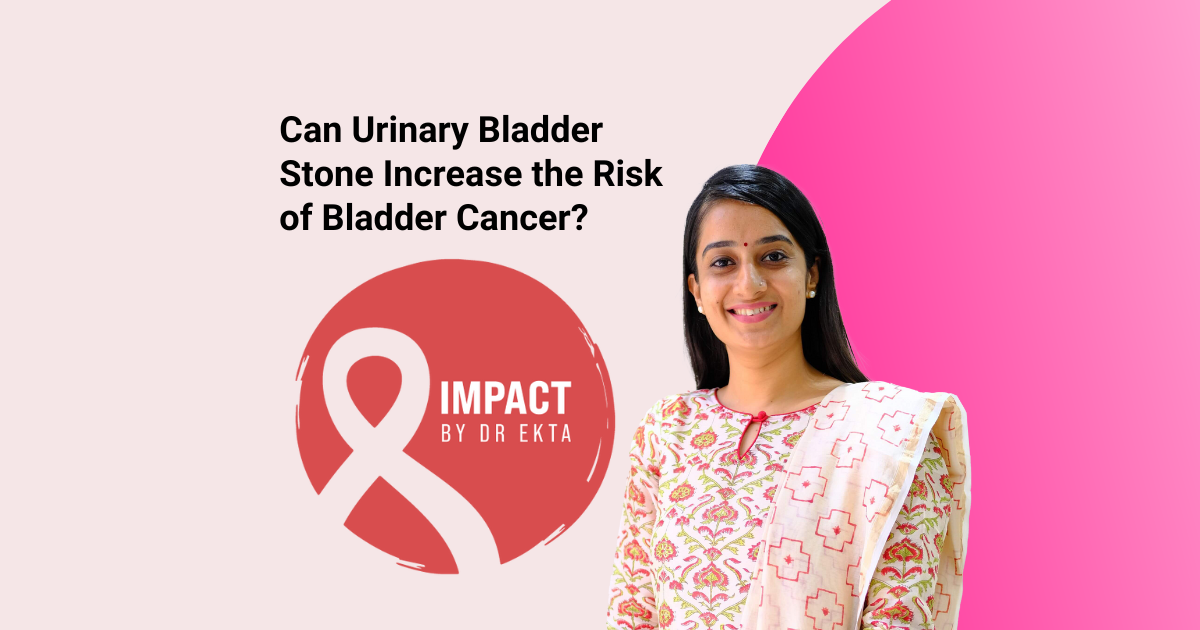Every day in my practice as an oncologist, I encounter questions that bridge the gap between common ailments and cancer risks. One question that stands out often is: “Can urinary bladder stones increase the risk of bladder cancer?” While this might seem like an unrelated connection to some, the relationship between chronic conditions and cancer is more intertwined than most realize. Let’s dive deep into this pressing issue and uncover the facts.
The Basics: What Are Urinary Bladder Stones?
Urinary bladder stones are hard masses formed from minerals in the urine. They usually develop when the bladder doesn’t empty completely, leading to concentrated urine and the crystallization of minerals. Common symptoms include pain during urination, frequent urination, and blood in the urine. While bladder stones themselves are not cancerous, their long-term presence can lead to chronic irritation of the bladder lining, a potential precursor to cancer development.
The Link Between Bladder Stones and Bladder Cancer
Bladder cancer is one of the most common cancers worldwide, with risk factors ranging from smoking to prolonged exposure to certain chemicals. But what about bladder stones?
- Chronic Irritation: Repeated irritation of the bladder lining due to stones can cause inflammation, which may lead to cellular changes. Over time, this can create an environment conducive to cancerous transformations.
- Infections: Bladder stones often coexist with urinary tract infections (UTIs). Persistent infections can cause inflammation and increase the risk of squamous cell carcinoma, a rare type of bladder cancer.
- Association with Other Conditions: In some cases, bladder stones are associated with conditions like neurogenic bladder or urinary retention, which themselves increase cancer risks.
While the presence of bladder stones does not guarantee cancer development, their contribution to a high-risk environment cannot be ignored.
Statistics That Speak Volumes
To put things into perspective:
- Bladder cancer is the 10th most common cancer globally, with over 570,000 new cases in 2020 alone.
- Chronic bladder irritation accounts for a notable percentage of squamous cell carcinoma cases.
- Studies suggest that individuals with untreated or recurring bladder stones have a higher risk of developing bladder cancer compared to those without.
These figures underscore the importance of timely diagnosis and management of bladder stones to mitigate potential risks.
Recognizing Symptoms Early
Whether dealing with bladder stones or cancer, early recognition of symptoms can make a world of difference. Here’s what to watch for:
- Persistent pain during urination
- Blood in urine (hematuria)
- Frequent urination with a sense of incomplete emptying
- Recurrent UTIs
If you or someone you know experiences these symptoms, it’s crucial to consult a healthcare professional promptly.
Prevention: The First Line of Defense
Prevention is always better than cure, especially when it comes to conditions with potential cancer links. Here are some actionable steps:
- Stay Hydrated: Drinking plenty of water dilutes urine, reducing the chances of mineral crystallization.
- Regular Check-ups: Especially for individuals with a history of bladder stones or UTIs.
- Timely Treatment: Address urinary symptoms promptly to prevent complications.
- Dietary Changes: Reduce intake of foods high in oxalates, such as spinach and nuts, if prone to stones.
- Smoking Cessation: Smoking is a significant risk factor for bladder cancer and compounds the risks posed by bladder stones.
Frequently Asked Questions
1. Can bladder stones cause bladder cancer directly? Not directly, but the chronic irritation and inflammation caused by bladder stones can create conditions favorable for cancer development.
2. How long does it take for bladder stones to increase cancer risk? The timeline varies depending on factors like stone size, duration, and associated infections. Chronic conditions over several years pose a higher risk.
3. Can removing bladder stones reduce cancer risk? Yes, timely removal and management of bladder stones can significantly lower the risk by eliminating the source of irritation.
4. Are certain individuals more prone to bladder stones and cancer? Yes, individuals with recurrent UTIs, a history of urinary retention, or conditions like neurogenic bladder are at higher risk.
5. Is bladder cancer treatable? Absolutely. Early-stage bladder cancer has a high treatment success rate, emphasizing the importance of early detection and intervention.
Conclusion: A Call to Action
As an oncologist, I urge everyone to pay attention to their urinary health. While bladder stones might seem like a minor inconvenience, their potential to contribute to serious conditions like bladder cancer should not be underestimated. Early diagnosis, lifestyle changes, and regular check-ups can go a long way in preventing complications.
Let’s work together to create awareness and encourage proactive healthcare. If you’re experiencing any symptoms or have concerns about bladder stones or cancer risks, don’t hesitate to reach out to a healthcare professional. Remember, your health is your most valuable asset.

